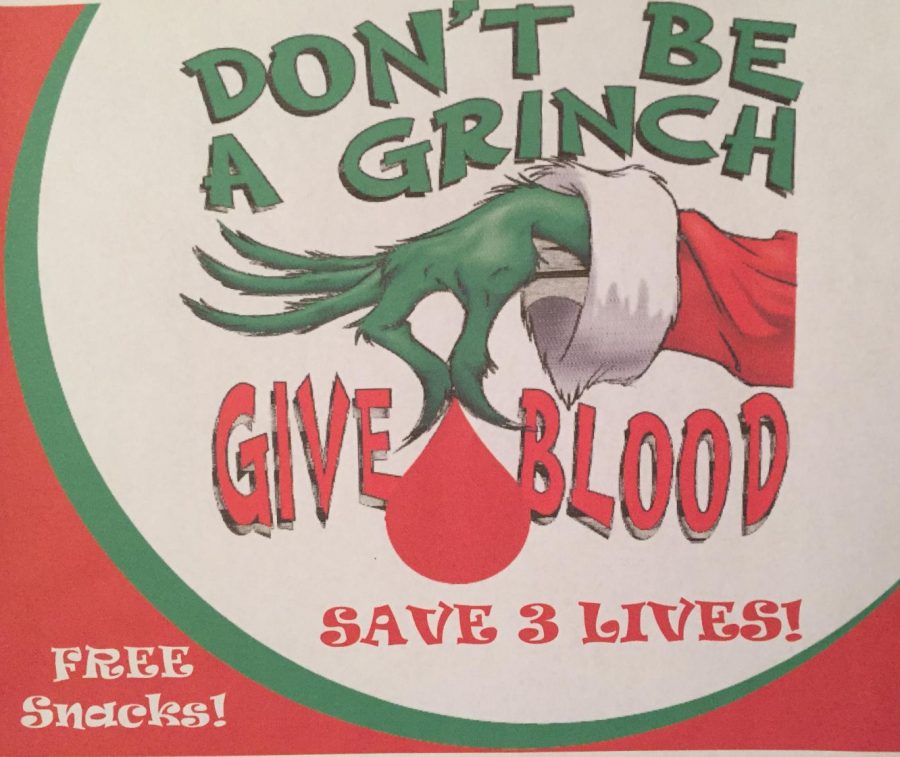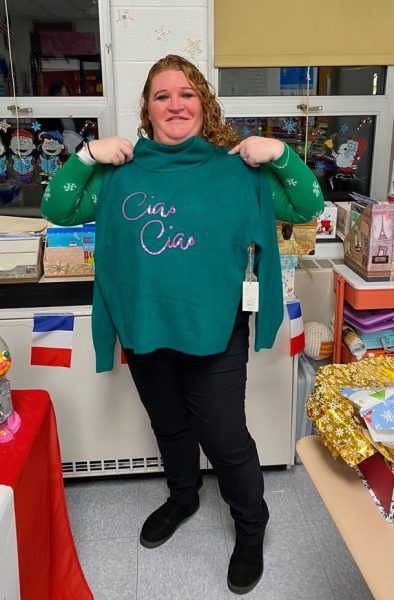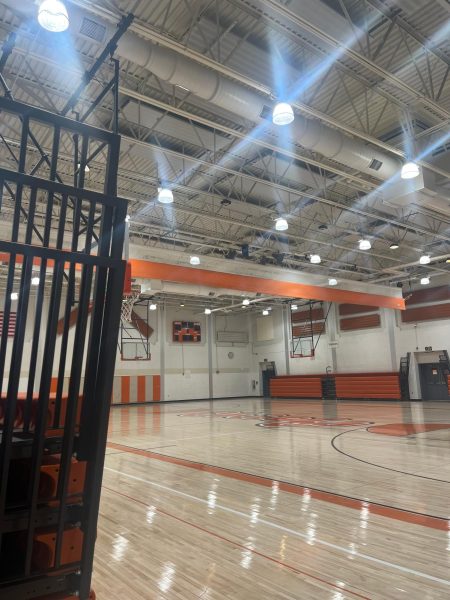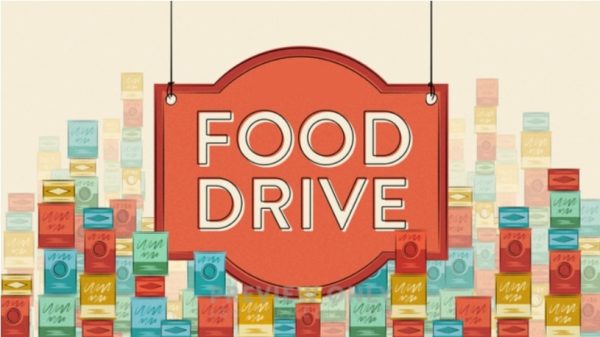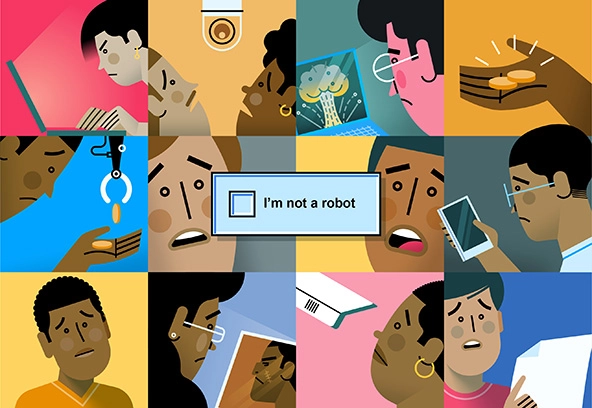Blood Drive Sparks Controversy Amongst Staff, Students Alike
Although all who donated blood were doing a noble deed, many did not feel that they were treated as such. Specifically, the Student Council sponsored winter Blood Drive on Dec. 8 spawned many complaints about the organization from the student body.
Chiefly, the overwhelming complaint happened to be that the whole process took much longer than expected. One senior who arrived at 8:30 a.m. came out at 11:30 a.m. In this case, she missed lunch and learn, a time when she would have been able to refuel especially after losing blood. The long lines were atrocious, she mentioned.
Some wasted priceless classroom instruction time for no reason, like junior Auralee Smith who said, “I missed a period and a half…of class and didn’t even get to donate blood.”
However, the nurses at the blood drive need to check ineligible donors for having issues such as high blood pressure or symptoms of sickness, which takes a lot of time. These requirements are necessary not only for the benefit of blood recipients, but also for the donors themselves, said Ms. Golden, the Cherokee North nurse.
“It takes a hearty, strong, and well person to give blood,” she said, to avoid fainting or passing out.
Others found that the nurses did not assess the condition of the donors properly after they finished drawing blood. In one case, a senior student was told that she did not look like she wanted to be there, and so was allowed to leave after she said she that was fine. Later in the day, however, she felt light-headed and even too sick to drive herself home. On the other hand, another donor reported that she was kept in the middle gym for thirty minutes, even though she stated she was fine, as a result of the nurse’s assumption that she wasn’t fit to return to class.
According to the donor, the nurse at the blood drive was debating if she “look[ed]… like that all [of] the time.”
Unlike a school nurse, these nurses are not familiar with students and their medical records to understand what and how a student may react, and what looks abnormal, said Ms. Golden. And not all aids are nurses, as some can be nurse technicians who are more skilled at drawing blood.
Despite the many objections, not all experiences were negative. Senior Morgan Westerby stated that she had a pleasant conversation with one of the nurses about 60s music, and that when she was doing her blood work, she had conversed with a 60 year old phlebotomist who had lost her job as a bank teller at age 50 and had gone to night school to become a phlebotomist. To Westerby, the conversations redeemed the whole experience.
Above all, donating blood is essential to meet the need of many hospital patients, especially the blood donated by a teenager, said Ms. Golden, because it contains less antibodies, making it more compatible with patients. This year, 61 pints of blood were donated, showing that despite the discomforts, students were able to focus on the bigger picture–saving lives.
“It’s really great that they have a blood drive, but they need more people [to help out],” said Auralee Smith.
Overall, “the blood drive really could encourage a larger turnout [of students] in the future, if [only] they fixed their problems,” said senior Sarah Henell.


